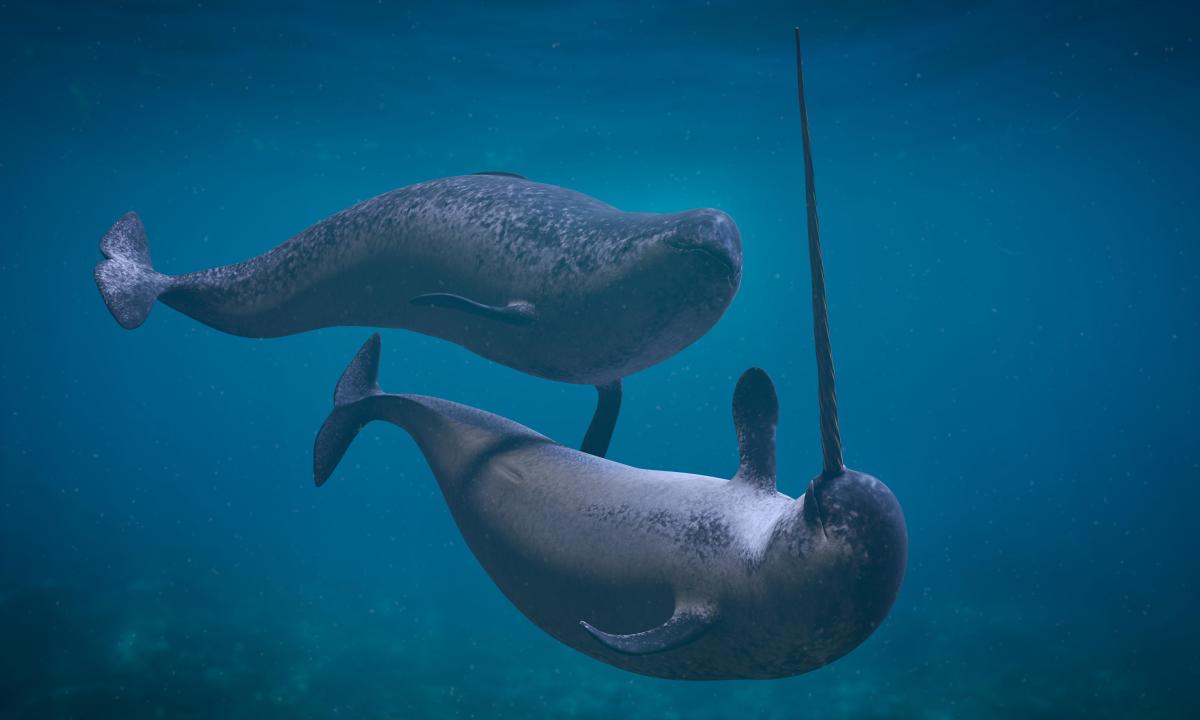This newsletter examines the results of human intelligence, as explored during the lens of thinker Friedrich Nietzsche. It argues that people possess a singular energy to situation their surrounding, and that this energy carries with it a splendid duty. The object additional considers the speculation of “will to power,” which Nietzsche proposed as a basic driver at the back of human conduct, and the way this might be obvious within the narwhal’s attempt for survival within the Arctic Ocean. It concludes via noting that the facility to query our personal ideals and values is a vital a part of the human revel in.
Friedrich Nietzsche claimed that guy is “a fantastic animal that has one more condition of existence than any other animal”: we want to know why we exist. Justin Gregg, a researcher in animal conduct and cognition, concurs, describing humankind as “the why specialists” of the wildlife. Our want to know the explanations for the issues we see and really feel units us aside from alternative animals, who produce efficient choices with out ever asking why the arena is the best way it’s.
Proof of this distinctive side of our intelligence first seemed 44,000 years in the past in cave art work of half-human, half-animal figures, supernatural beings that recommend we had been asking spiritual questions, “Why am I here? And why do I have to die?” Twenty thousand years nearest, we started rising plants and unmistakable an consciousness of purpose and impact—an working out of ways seeds germinate and what must be finished to stock them alive. Since upcoming, our consistent wondering of herbal phenomena has resulted in splendid discoveries, from astronomy to evolution.
However in lieu of being our pinnacle as a species, is it conceivable that human intelligence is in truth a legal responsibility, the supply of our existential angst and our more and more obvious ability for self-destruction? Gregg objectives to respond to that query in his entertaining and unedited retain.
It’s the complexity of our intelligence that can produce us much less a success in evolutionary phrases
The delightfully absurd identify comes from his declare that the Nineteenth-century German thinker, who suffered from melancholy and ultimately dementia, was once “the prime example of how too much profundity can literally break your brain”. The “soul-torn Nietzsche” who sought which means in struggling is an instance of ways, as a species, we’re just too shrewd for our personal excellent. Against this, the narwhal (“one of my favorite sea creatures”) displays that intelligence and complicated considering are regularly obstacles from an evolutionary standpoint: “The absurdity of a narwhal experiencing an existential crisis holds the key to understanding everything that is wrong with human thinking , and everything that is right about animal thinking.”
Looking for proof for this idea, Gregg examines the character of intelligence. Even if nonhuman animals have more effective minds than we do, they’re no much less a success in their very own manner than we’re, and so they do some distance much less hurt to these round them: “The earth is full of animal species that have found solutions to how to lead a good life in a way lead that shames the human species.”
Human intelligence is augmented via what Gregg calls our “extra cognitive sprinkles.” Those come with language, idea of thoughts, causal reasoning, our capability for ethical reasoning, episodic foresight (the facility to mentally mission ourselves into the month to simulate imaginary occasions), and dying knowledge (an consciousness of your personal mortality). However, he argues, it’s the very complexity of our intelligence that might produce us much less a success in evolutionary phrases, destined to vanish from the face of the earth prior to alternative species, like crocodiles, which might be dumber however were round for tens of millions of years . What’s the purpose of all our highbrow achievements, Gregg asks, if we die out next most effective 300,000? If state trade is to be our downfall, upcoming human intelligence may end up to be “the dumbest thing that’s ever happened.”
Gregg is a elegant communicator of advanced concepts with a funny and detailed writing taste. His argument may be unusually convincing. He concludes that Nietzsche would were at an advantage as a narwhal. The fewer advanced minds of nonhuman animals will have to now not be seen as inferior, however as splendidly achieved answers to the sickness of find out how to are living very easily with out threatening the survival of others.
• If Nietzsche had been a Narwhal: What Animal Intelligence Finds About Human Stupidity via Justin Gregg, revealed via Hodder & Stoughton (£22). To backup the Mum or dad and Witness, line your magazine at guardianbookshop.com. Delivery prices might follow
Don’t miss interesting posts on Famousbio









